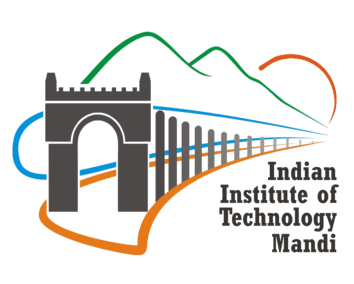Federated Learning optimization approaches for mobile IoT systems
Problem statement
Federated Learning optimization approaches for mobile IoT systems
Add Your Heading Text Here
The research project mainly concentrates on developing an edge-computing architecture-inspired efficient Federated Learning system for mobile IoT systems for overcoming issues related to privacy, resource efficiency, and processing bottlenecks. A multi-tier node clustering approach is employed to develop an optimized framework ensuring better performance and load balancing alongside achieving energy efficiency thus facilitating a multi-level optimization approach. Additionally, privacy preservation principles are employed based on the multi-tier architecture to increase the privacy offered by the system. Such an approach alleviates the usual learning constraints faced in autonomous navigation systems via optimized data processing and resource management.
Project brief
In usual autonomous navigation devices, data generated at the device needs to be transferred to a server for generating results. By introducing FL, we eradicate the data transfer step and enable data remoteness. With FL, we strive to attain inherent security features. In addition to that for privacy preservation, we introduce selective data transfer methods along with an intermediate virtual server for maintaining user anonymity and data secrecy. Device heterogeneity is a major issue in such systems and the intermediate server plays a decisive role in maintaining those as well. We introduce model similarity-based device clustering with the intermediate servers which ensures faster model convergence. Selective data transfer is followed here as well to ensure optimal utilization of resources and faster communication. The intermediate servers built on multi-tier architectural principles help in faster clustering and model convergence as devices with higher similarity get clustered together helping in efficient model and result generation.
Current status
Initially, we were working on enhancing the privacy preservation aspect of the technology. For this purpose, we developed an enhanced framework with enhanced privacy perseveration and communication efficiency features. We have also conducted a considerable amount of study on the security side of the proposed methodology as well. Currently, our concentration is on exploring possibilities of process and data optimization via client clustering.
Technologies involved
- Internet of things
- Distributed computing
- Edge computing
- Distributed leering
- Federated learning
Your solution is relevant to which industry
The proposed solution is applicable to mobile IoT systems such as autonomous vehicles, and wearable devices.
Photographs



